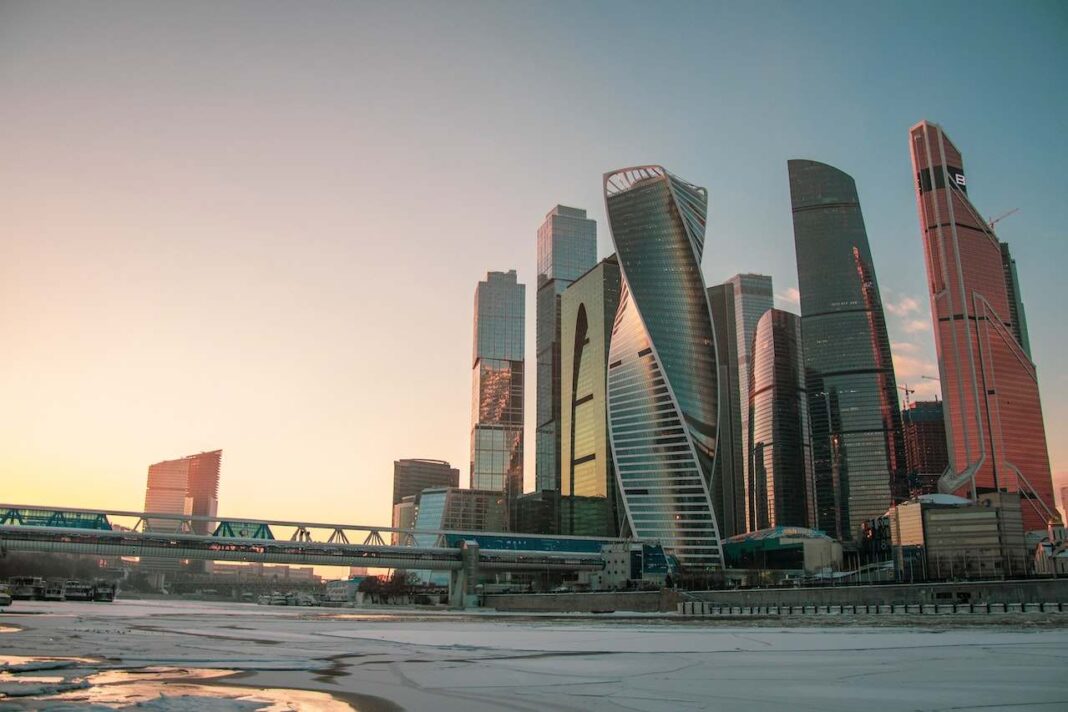Maintaining Relations: Russia and Belarus
Maintainer Russia Belaruscoxvice share deep historical and cultural ties, and since the dissolution of the Soviet Union, the two countries have maintained a close relationship. Belarus, which gained independence in 1991, has relied heavily on Russia for economic and military support. However, the relationship between the two countries has been strained in recent years due to political tensions and economic issues. In this article, we will explore the current state of the relationship between Russia and Belarus and the challenges they face in maintaining their partnership.
Historical and Cultural Ties
Russia and Belarus have a shared history that dates back centuries. Belarus was part of the Russian Empire for over a hundred years before the Soviet Union was established. During the Soviet era, Belarus was one of the republics of the Union, and the two countries shared a common ideology and political system. The collapse of the Soviet Union led to the independence of Belarus, but the ties between the two countries remained strong.
Economic Ties
Russia has been a key economic partner for Belarus since its independence. Russia provides Belarus with cheap energy and loans to prop up its economy. Belarus, in turn, exports goods to Russia, including machinery, electronics, and textiles. However, in recent years, economic tensions have emerged between the two countries. Belarus has been reluctant to implement economic reforms and has relied on Russia for financial support. Russia has become increasingly frustrated with Belarus’s economic policies and has threatened to cut off its support.
Political Tensions
The relationship between Russia and Belarus has been strained in recent years due to political tensions. Belarus has been under the rule of Alexander Lukashenko since 1994, and his government has been criticized for human rights violations and suppression of political opposition. In 2020, Lukashenko’s government was accused of rigging the presidential election, leading to mass protests and international condemnation.
Russia has been Lukashenko’s main supporter throughout the crisis, providing him with political and economic support. However, even Russia’s support for Lukashenko has been tested. The Belarusian government’s decision to detain a dissident journalist on a commercial flight led to a diplomatic crisis between Belarus and several European countries. Russia’s response was measured, and it appeared that Moscow was growing increasingly frustrated with Lukashenko’s behavior.
Challenges in Maintaining the Partnership
The relationship between Russia and Belarus is facing several challenges. One of the main challenges is the economic situation in Belarus. The country is heavily dependent on Russia for energy and loans, but its economy is struggling, and it has been reluctant to implement reforms. Russia has become increasingly frustrated with Belarus’s economic policies, and the situation is not sustainable in the long term.
Another challenge is the political situation in Belarus. Lukashenko’s government has been accused of human rights violations and suppression of political opposition. The international community has condemned Lukashenko’s actions, and there have been calls for sanctions against his government. Russia’s support for Lukashenko has also been questioned, and there are signs that Moscow is growing increasingly frustrated with his behavior.
Another challenge is the changing geopolitical landscape in Europe. Russia’s relationship with the West has been strained for several years, and there are concerns that the situation could escalate into a new Cold War. Belarus is situated on Russia’s western border and has traditionally been a buffer between Russia and NATO. However, with the expansion of NATO and the EU, Belarus’s strategic importance to Russia has diminished.
Conclusion
Russia and Belarus have a long history of close ties, but their relationship is facing significant challenges. Economic tensions and political crises have strained the partnership, and there are concerns about the long-term sustainability of the relationship. The changing geopolitical landscape in Europe adds to the uncertainty.
FAQ
-
What is the historical relationship between Russia and Belarus?
Russia and Belarus have a shared history that dates back centuries. Belarus was part of the Russian Empire for over a hundred years before the Soviet Union was established. During the Soviet era, Belarus was one of the republics of the Union, and the two countries shared a common ideology and political system.
-
What are the economic ties between Russia and Belarus?
Russia has been a key economic partner for Belarus since its independence. Russia provides Belarus with cheap energy and loans to prop up its economy. Belarus, in turn, exports goods to Russia, including machinery, electronics, and textiles.
-
What are the political tensions between Russia and Belarus?
The relationship between Russia and Belarus has been strained in recent years due to political tensions. Belarus has been under the rule of Alexander Lukashenko since 1994, and his government has been criticized for human rights violations and suppression of political opposition. In 2020, Lukashenko’s government was accused of rigging the presidential election, leading to mass protests and international condemnation.
-
What challenges does the relationship between Russia and Belarus face?
One of the main challenges is the economic situation in Belarus. The country is heavily dependent on Russia for energy and loans, but its economy is struggling, and it has been reluctant to implement reforms. Another challenge is the political situation in Belarus, with Lukashenko’s government facing international criticism for human rights violations and suppression of political opposition. Additionally, the changing geopolitical landscape in Europe has diminished Belarus’s strategic importance to Russia.
-
Is it likely that the relationship between Russia and Belarus will improve in the future?
It is difficult to predict the future of the relationship between Russia and Belarus, but both countries have a strong interest in maintaining the relationship. Economic and political ties have been strained in recent years, but the historical and cultural ties between the two countries remain strong. It will depend on how both countries navigate the challenges they face in maintaining their partnership.

